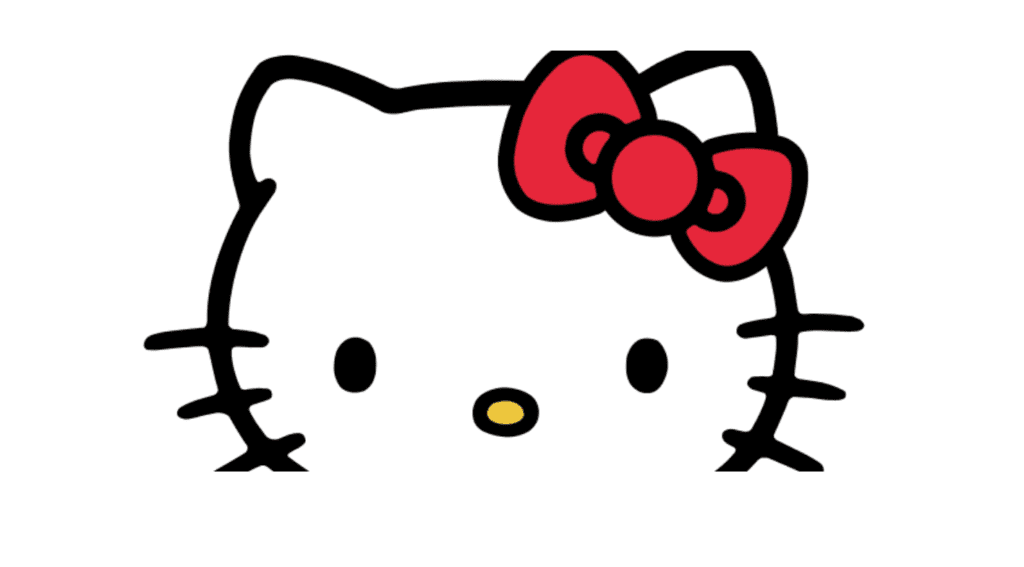“Hello Kitty is a citizen of the world, we like to say,” Janet Hsu, the former president of Sanrio Inc., told CNN in 2014. Yet, authorities from the European Union called foul on the Japanese toy giant this week, formally charging Sanrio with restricting the sale of merch tied to the wildly lucrative Hello Kitty in certain parts of the world in violation of EU antitrust laws. In a decision made public on Tuesday, the European Commission slapped Sanrio with a $7 million fine, making the Tokyo-based company the latest in a string of entities to come under fire for restricting cross-border sales of their products.
Following a two-year investigation into Sanrio, the European Commission – an EU institution tasked with proposing legislation, implementing decisions, upholding the EU treaties and managing the day-to-day business of the EU – determined that the Hello Kitty-maker “imposed a number of direct measures restricting out-of-territory sales by licensees, or third-party companies authorized to sell products bearing Sanrio’s intellectual property. Such anti-competitive measures included clauses in licensee contracts explicitly prohibiting cross-border sales and limitations to the languages used on the merchandising products. The company also “carried out audits and [refused to] renew the contracts of licensees [if they] did not respect [its] out-of-territory restrictions.”
In a statement, EU Commissioner Margrethe Vestager said that the action against Sanrio sends a clear message that individuals/companies that are authorized to sell licensed products in any of the 28 EU member states “cannot be prevented [by the licensor] from selling products” in others. Such limitations lead to “less choice and potentially higher prices for consumers and is against EU antitrust rules,” according to Vestager, including consumers’ “ability to shop around Europe for the best deals.”
The Commission’s crackdown on Kitty comes after it levied a $14.14 million fine upon Nike in March for running afoul of competition law for more than a decade by “illegally restricting traders from selling licensed merchandise cross-border and online within the [European Union] Single Market.” Before that, in December 2018, California-based apparel and accessories brand Guess was on the receiving end of a $45.3 million sanction from the European Commission for its own practice of blocking certain e-commerce sales in the EU.
As Reuters reported at the time, retailers wanting to stock Guess’ wares were “restricted from using the Guess brand names and trademarks for online search advertising and also prevented them from setting the retail price independently.” Licensees were also required “to get authorization from Guess before they were allowed to sell online, while the criteria for such approval was not based on any specified quality criteria. Sellers were also not allowed to sell to consumers outside their authorized areas.”
These cases join a larger, ongoing effort by EU authorities to stomp out the rampancy of illegal practices aimed at blocking sales, particularly e-commerce ones, in the EU.
As for Sanrio’s cat character, herself, she is as sizable a target as global sportswear giant Nike’s swooshed sneakers or the publicly-traded Guess, Inc.’s denim. Created in 1974 by Japanese designer Yuko Shimizu, Hello Kitty holds the title of one of the highest grossing franchises in the world, following only behind Pokemon, with a whopping $80 billion in lifetime retail sales as of this year.
Since Sanrio began licensing Hello Kitty intellectual property in a mass capacity in the late 1990s, the popularity of and demand for the cute cartoon has skyrocketed, and for the most part, without any significant marketing investment by the 58-year old Sanrio, for which Hello Kitty sales amount for as much as 80 percent of its annual revenues.
“Her popularity quickly spread, and in 2016 licensed product sales were estimated to be worth $4.4 billion,” AFR reported in 2017. “Ironically,” the global appeal of the character was driven by word-of-mouth marketing, but also, as the Drum notes, is “powered by brand tie-ups and licensing deals, which have helped the character transcended its beginnings as a niche stationery design to become a globally recognized symbol.”











